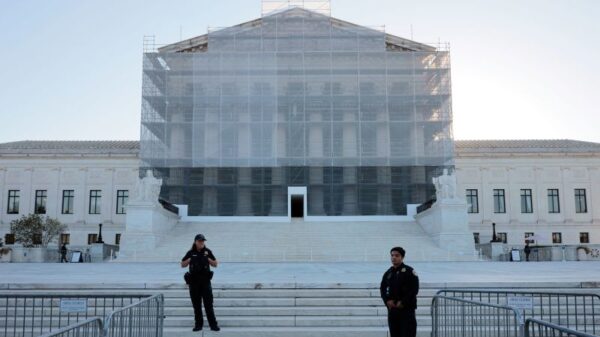In a recent statement, Calvin Butler, president and chief executive officer of Exelon, emphasized the urgent need to meet today’s energy demands without compromising climate goals or customer affordability. As one of America’s largest utility companies, Exelon serves over 10 million customers and is acutely aware of the mounting pressures posed by rising energy costs.
The launch of a $50 million Customer Relief Fund reflects Exelon’s commitment to providing financial support to those in need. In addition to immediate assistance, the company is pursuing long-term solutions such as regulated generation, which aims to enhance reliability while maintaining lower bills and achieving climate objectives.
Addressing Energy Supply Challenges
Exelon’s assessment of the current energy landscape reveals significant vulnerabilities. Approximately 70 percent of transmission lines are over 25 years old, nearing the end of their operational lifespan. This aging infrastructure is ill-equipped to handle a projected 50 percent increase in electricity demand by 2050. Butler warned that without immediate action to bolster energy infrastructure, rising costs will persist.
To combat these challenges, Exelon is planning to invest $38 billion by 2028 in projects aimed at modernizing its infrastructure. However, Butler noted that existing state laws hinder utilities from generating the energy necessary to meet growing demand. He advocates for regulated generation, which would allow utilities like Exelon to produce energy while adhering to best practices and aligning with state goals.
Regulated generation presents an opportunity to deliver cost relief and stability to customers, facilitating the development of a flexible and reliable energy supply system. Butler argues that the current systems are outdated and cannot adequately address the challenges ahead.
Envisioning a Sustainable Energy Future
Implementing regulated generation could lead to reduced costs and improved integration of new energy technologies, aligning with state climate priorities. Data shows that from 2012 to 2021, states that did not permit regulated generation experienced price increases 80 percent higher than those in states where utilities could directly produce and deliver electricity.
Butler believes that empowering utilities through regulated generation will enable direct investments in clean energy sources such as wind, solar, and battery storage. This approach would provide customers with predictable, lower costs while ensuring that the energy grid remains resilient against future demands and adverse weather events.
He concludes by stressing the need for durable solutions and timely investments that reflect the urgency of today’s global energy market. “This moment presents a clear choice,” Butler remarked, highlighting the contrast between maintaining outdated systems and enabling utilities to build the clean, affordable energy future that communities require.
As climate leaders convene in New York for Climate Week, discussions surrounding energy must prioritize affordability and the modernizations necessary for a sustainable future.








































































